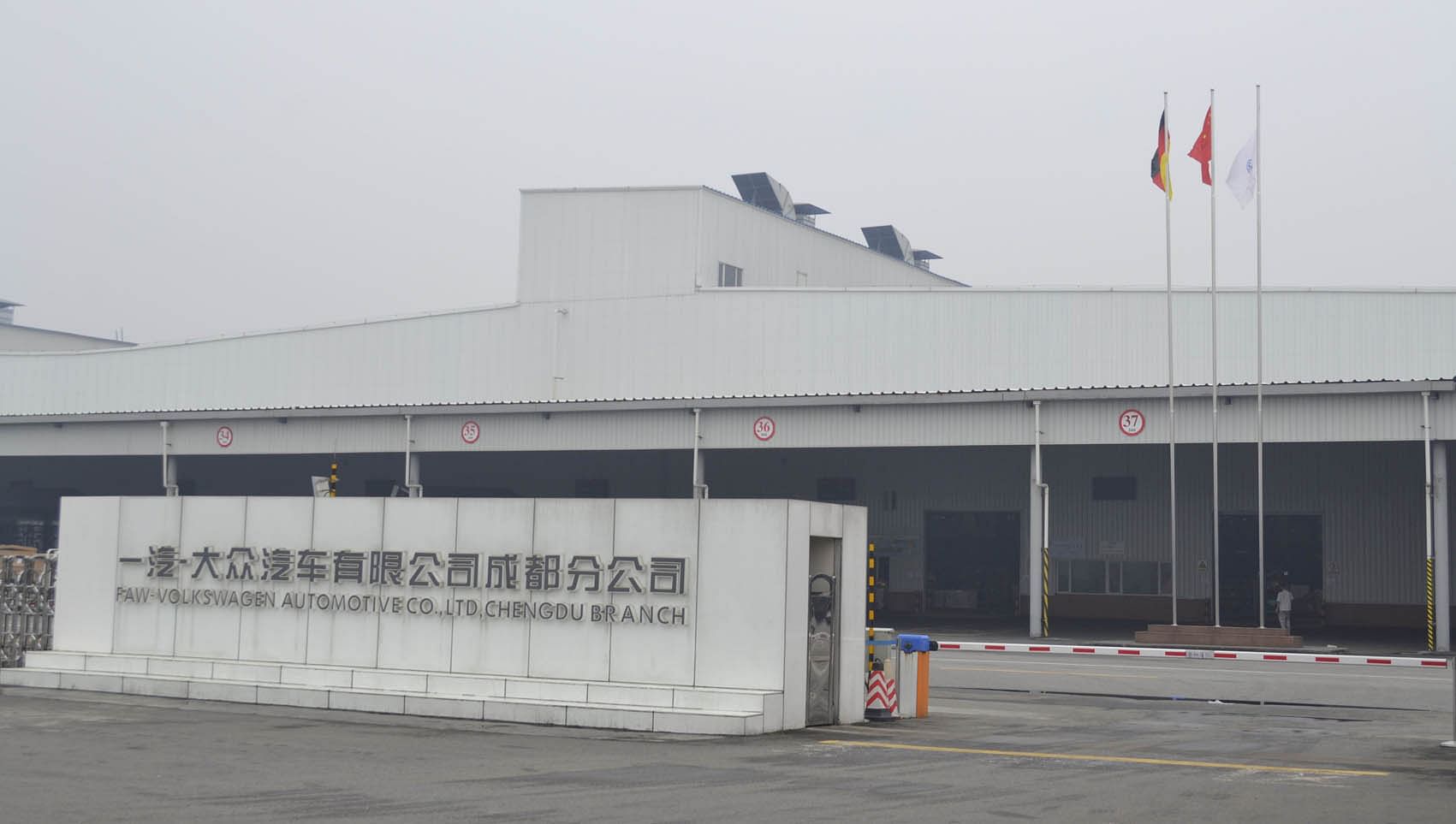VW Group plans two new plants, to invest Rs 148,000 crore over 4 years in China
The Volkswagen Group is to invest about two billion euros (Rs 16,256 crore) in the expansion of production capacities in China.
The Volkswagen Group is to invest about two billion euros (Rs 16,256 crore) in the expansion of production capacities in China. This investment in two new plants is part of a larger plan to invest a total of €18.2 billion (147,929 crore) in new plants and products between 2014 and 2018. This translates to an investment of Rs 100 crore a day!
VW has been active on the Chinese market for 30 years and is one of the western pioneers of the automobile industry in the country. Together with its two JVs FAW-Volkswagen and Shanghai-Volkswagen, the Group sold about 1.51 million vehicles between January and May 2014, representing a rise of 17.7 percent YoY.
Earlier today, in the presence of German chancellor Angela Merkel and Chinese premier Li Keqiang, Prof. Dr Jochem Heizmann, member of the Board of Management of Volkswagen Aktiengesellschaft and president and CEO of Volkswagen Group China, today signed a joint declaration for two new vehicle plants in China together with Xu Jianyi, chairman of FAW.
“China has become our largest and most important market. To satisfy the demands of our customers in the country, we are engaging in a further substantial expansion of our capacities in China together with our Chinese partner FAW Volkswagen,” said Prof. Dr. Martin Winterkorn, chairman of the Board of Management of Volkswagen Aktiengesellschaft.

The two new vehicle plants are to be built on the east coast of China in the cities of Qingdao in Shandong Province and Tianjin. The key site factors were high qualification levels and the infrastructure available. Furthermore, Tianjin is the location of a new production plant for dual-clutch gearboxes (DSG) for Volkswagen in China that is due to be inaugurated at the end of 2014. Together, the two partners are to invest about two billion euros (Rs 16,256 crore) in the expansion of production capacities.
Meanwhile, yesterday, chancellor Angela Merkel visited the Volkswagen plant in Chengdu, southwest China. Prof. Dr. Martin Winterkorn said: “Our objective is to work sustainability on a long-term basis throughout the world. Here in China, we are setting high environmental standards at our 17 locations and investing more in eco-friendly technologies and plants than ever before. Volkswagen is banking on China’s innovative power because this market provides key impetus for our industry through ground-breaking new trends,” said Winterkorn.
During her visit, Mrs. Merkel also inspected the production area of the Chengdu plant. Here, sustainability is practised right down to the last detail. About 90 percent of the materials used in vehicle production come from local suppliers. In addition, the paintshop at Chengdu is the first facility in Asia to be equipped with the EcoDry Scrubber, an environmentally friendly technology that reduces water consumption for the painting process by up to 90 per cent.
Chancellor Merkel also visited the training centre and the assembly shop of the Chengdu plant and expressed special interest in the possibilities of vocational training in China. Apart from six different vocational training courses, FAW-Volkswagen also offers the possibility of a dual course of studies at Chengdu. Each year, about 20,000 courses are completed by employees at the training centre to improve further the quality of production and to raise educational standards.
By opening training centres at all its plants in China, VW was the first company to introduce the principle of dual vocational training in China. “People are the key to our success. That is why we are committed to educating young talents,” said Heizmann. “In such a fast-growing market as China, a well-trained workforce is essential for mastering these challenges.”
The Chengdu plant is the third vehicle factory in the FAW-Volkswagen JV. It is also the first Volkswagen plant in West China. About 7,300 people are employed at Chengdu, producing about 450,000 units of the Jetta and Sagitar models each year as well as components. The plant started vehicle production in 2011.
As well as Chengdu, FAW-Volkswagen also has car plants in Changchun, northeast China, and Foshan, south China. With Shanghai Volkswagen, the Group operates vehicle plants in Shanghai, Nanjing, Yizheng, Ningbo and Urumqi, and is constructing a new plant in Changsha, opening in 2015. Volkswagen is now the leading automaker in China – with 20 million vehicles sold over the past 30 years.
Photographs: German Chancellor Angela Merkel visits the Volkswagen plant in Chendu, China.
RELATED ARTICLES
Isuzu unveils D-Max EV at 2025 Commercial Vehicle Show
Revealed at the 2025 Commercial Vehicle Show in Birmingham, the Isuzu -Max EV is the first fully electric commercial pic...
Hyundai unveils next−gen highly efficient hybrid system
The next-gen hybrid system is claimed to offer 45% better fuel efficiency and 19% more power compared with ICE powertrai...
Horse Powertrain reveals hybrid conversion for electric cars
Engine-making joint venture of Geely and the Renault Group announces new hybrid powertrain that fits into the same space...






 07 Jul 2014
07 Jul 2014
 3482 Views
3482 Views





 Autocar Professional Bureau
Autocar Professional Bureau




